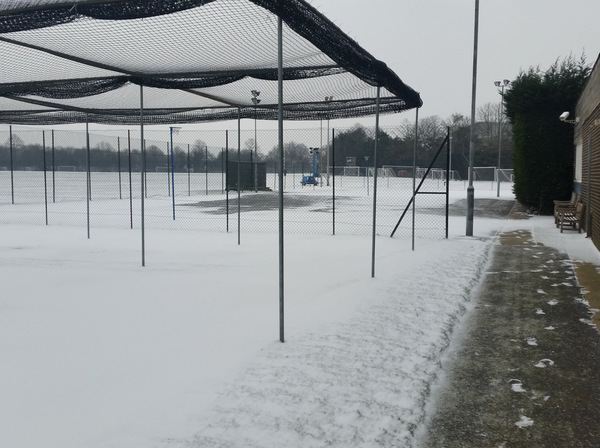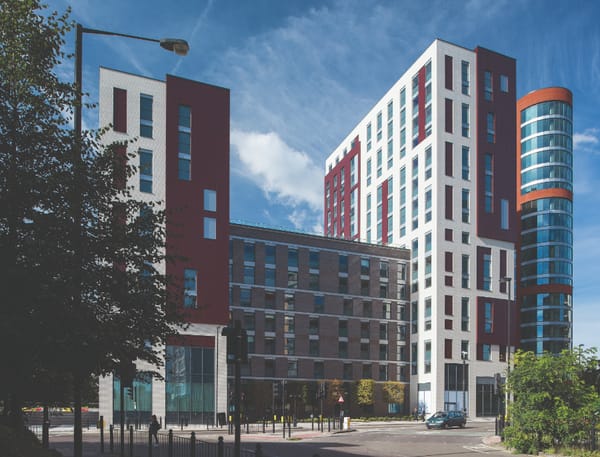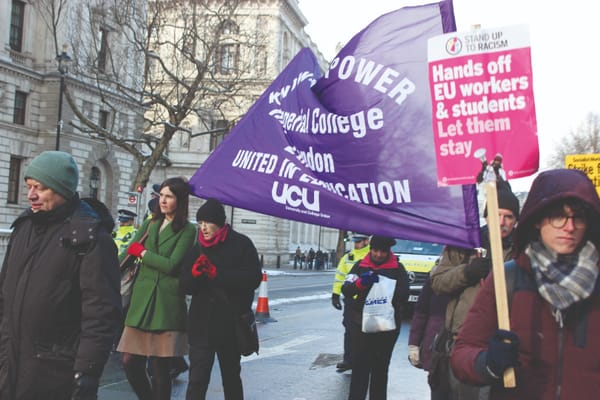Winners of Leadership Elections revealed
Say hello to your new sabbatical team…

The winners of this year’s Imperial College Union (ICU) Leadership Elections have been revealed.
The Officer Trustee team for next academic year will consist of Robert Tomkies as Union President, James Medler as Deputy President (Clubs & Societies) (DPCS), Alejandro Luy as Deputy President (Education) (DPE), Claudia Caravello as Deputy President (Finance & Services) (DPFS), and Becky Neil as Deputy President (Welfare) (DPW). Andy Djaba will serve as Felix Editor.
The contest for Union President was one of the closely-run in the election, with ten candidates in total. After nine rounds of voting, during which candidates were eliminated and their votes redistributed, Robert Tomkies, the current Royal School of Mines Union (RSMU) President was declared the winner, with 1267 votes. He beat runner-up Michael Edwards, the current Royal College of Science Union (RCSU) President, who received 1045 votes.
The contests for DPFS and DPW were also contested, with three candidates for DPFS and two candidates for DPW. In the race for DPFS, Claudia Caravello was declared the winner after two rounds of voting. She received 1236 votes, while her closest competition, Ella Rice, received 1031. Becky Neil will be the DPW for 2018-19, after beating Matthew Hayward after two rounds of voting; she received 1198 votes compared to Hayward’s 1090.
Alejandro Luy will be next year’s DPE, receiving 2166 votes, while James Medler will be DPCS, with 2078 votes. Both positions were uncontested. Andy Djaba was elected as Felix Editor in the first round of voting, beating three other candidates with 1356 votes. The runner up Jennifer Lea, who had promised to “make FELIX edible”, received 590 votes.
Presidents of five of ICU’s six constituent elections were also voted in this week. The President of Imperial College School of Medicine Students’ Union (ICSMSU) for next year will be Dan Faehndrich, who received 563 votes and ran unopposed. He will take a year’s sabbatical, as ICSMSU President is a full-time, paid role. RCSU President will be Michael McGill, RSMU President will be Marta Wolinska, and City and Guilds College Union (CGCU) President will be Andrew Hill.
The competition for President of the Graduate Students’ Union (GSU) was heightened this year, following the announcement in November that it would be a part-time paid role. This year three candidates ran for GSU President, and the role was won by Ute Thiermann. She will receive a stipend of £10,000 from the Graduate School for the role.
The position of Council Chair – the student who presides over Union Council, and “represents the voice of students to set the policy of Imperial College Union” – will be filled by Alex ‘Chippy’ Compton, who received 1400 votes in comparison to her competitor Lloyd James’ 980. Compton has previously served two sabbatical years as ICU President and ICSMSU President. Two student trustees were also elected: Stephen Naulls and Abhijay Sood beat out five other candidates for the roles over six rounds of voting. They will sit on ICU’s Board of Trustees along with appointed Student Trustees and the Officer Trustee team.
In total around 750 positions were elected through the Union’s election systems, with over 1,000 candidates, including a large number of Club, Society, and Project (CSP) roles. The results for these are available online. Some positions were not filled during this election cycle, e.g. the role of LGBT+ Officer, one of the eight Liberation and Community Officers, had no students running for it.
This year’s Leadership Elections saw an overall turnout of 35.65%, down from last year’s turnout of 36.79% and 2016’s 45.57%. The result places Imperial fourth in the country in terms of election turnout, below the universities of Nottingham, Leeds, and St. Andrews. While there was an increase in turnout among undergraduate students, the proportion of taught and research postgraduates who voted decreased. Overall, more students voted in this year’s elections than last year’s, with an increase of over 100 voters meaning 6810 students in total took part.
This year’s Leadership Elections have seen a number of changes, the most significant of which is the change from a two-week campaigning period to a single week. In previous years, there would be a week of campaigning followed by a week of voting, whereas in this election cycle campaigning and voting both opened simultaneously, last Friday.








